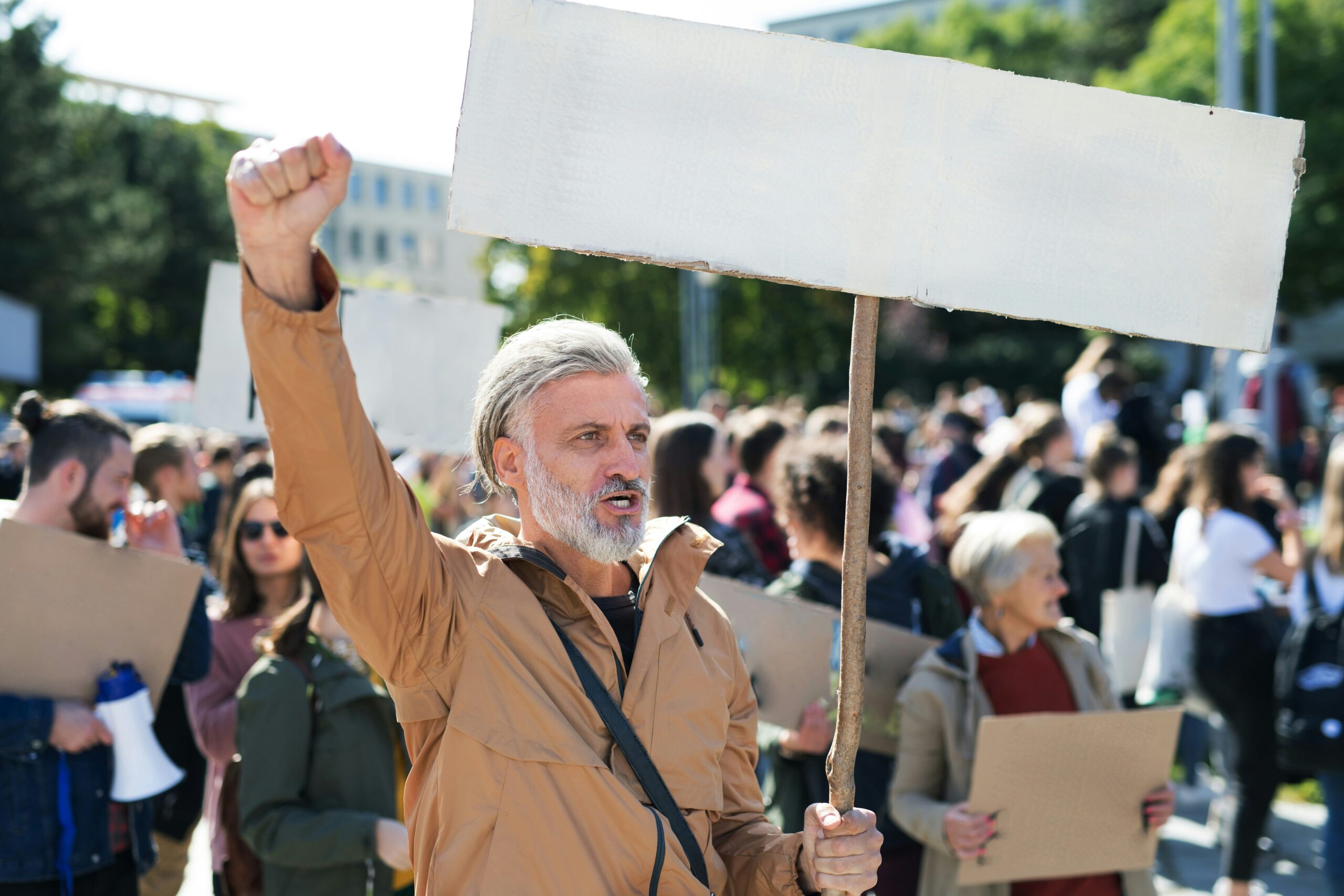
Human rights form the foundation of justice, freedom, and dignity. Every person deserves equal respect and protection, no matter their background. Championing human rights worldwide ensures that all individuals live free from discrimination, oppression, and violence. This global mission strengthens societies and builds peace across nations.
Advocating for human rights means defending universal freedoms, such as the right to education, healthcare, fair treatment, and political participation. When societies uphold these rights, they promote justice, equality, and long-term stability.
The Importance of Protecting Human Rights
Protecting human rights is not only a moral responsibility but also a necessity for sustainable growth. Without fundamental freedoms, societies face division, poverty, and unrest. Governments and communities that fail to protect their people often create cycles of inequality and injustice.
Advocates work tirelessly to create policies that safeguard vulnerable groups. These include minorities, women, refugees, and those living under oppressive regimes. The global human rights movement ensures that voices once silenced now receive recognition and protection.
Global Human Rights Movement and Its Impact
The global human rights movement has achieved significant milestones over the past century. International treaties, such as the Universal Declaration of Human Rights (UDHR), establish standards that countries are required to adhere to. Organizations such as Amnesty International and Human Rights Watch monitor abuses and demand accountability.
Across the globe, grassroots activists campaign for freedom of speech, fair wages, and protection against discrimination. These efforts not only expose violations but also inspire reform. Real change begins when communities unite under the belief that human dignity matters above all else.
Defending Rights and Freedoms in Different Regions
Human rights challenges vary by region, yet they all share a common theme: the fight for dignity and equality.
Human Rights in Developing Nations
Many developing countries struggle with poverty, corruption, and limited access to justice. Defending rights in these nations requires addressing inequality, securing access to education, and reducing systemic oppression.
Human Rights in Conflict Zones
War and violence often strip individuals of their basic freedoms. Refugees flee their homes seeking safety, while many lose access to healthcare, housing, and education. Humanitarian organizations step in to provide protection and restore hope.
Human Rights in Developed Nations
Even in wealthier societies, inequality persists. Discrimination based on race, gender, and sexual orientation remains a pressing issue. Championing human rights worldwide requires holding all nations accountable, regardless of wealth or power.
Building a Culture of Human Dignity and Equality
Creating a culture of human dignity and equality starts with education. Schools, communities, and media must highlight the importance of tolerance, respect, and fairness. When societies embrace diversity, they strengthen unity.
Promoting inclusion means ensuring that marginalized groups receive fair treatment and opportunities. Policies addressing gender equality, disability rights, and racial justice transform communities into more compassionate environments.
The Role of Advocacy in Championing Human Rights
Human rights advocacy raises awareness, influences laws, and empowers communities. Activists organize protests, campaigns, and policy reforms to ensure accountability.
Local Advocacy Efforts
Community leaders play a vital role by addressing issues at the grassroots level. They provide support to marginalized groups and challenge harmful practices.
International Advocacy Campaigns
Global campaigns pressure governments to end abuse and embrace equality. By uniting across borders, advocates amplify their message and demand justice on a larger scale.
Challenges in Advancing Global Human Rights
Championing human rights worldwide comes with challenges. Authoritarian regimes often suppress free speech, while misinformation limits awareness. Economic inequality also prevents many from accessing basic rights.
However, technology has transformed advocacy. Social media platforms spread awareness faster than ever before. Citizens can now expose injustice and demand reform instantly. Despite obstacles, the global movement continues to grow stronger.
Human Rights and Social Justice
Social justice is inextricably linked to human rights. Protecting freedoms means addressing systemic issues like poverty, racism, and gender inequality.
Economic rights are as important as civil liberties. Ensuring access to housing, healthcare, and fair wages empowers communities to thrive and flourish. When governments prioritize social justice, they reduce inequality and build stronger, fairer nations.
The Future of Human Rights Advocacy
The future of human rights depends on collective action. Technology, education, and global cooperation will play vital roles in shaping the future. Nations must strengthen their legal frameworks to protect freedoms, while individuals must continue to demand accountability.
Young activists are at the heart of this change. Their passion and innovation ensure that the movement remains dynamic and relevant. By embracing inclusivity and collaboration, the world can move closer to universal equality.
Championing human rights worldwide requires commitment from governments, organizations, and individuals alike. Every action, no matter how small, contributes to building a just society.
Defending freedom, dignity, and equality is not only a legal obligation but also a moral one. By standing together, the global community can create a future where justice prevails and every individual enjoys their rightful freedoms.